This can remove pesticide residues in melons, fruits and vegetables and reduce health hazards.
Now the melons, fruits and vegetables bought from vegetable markets and supermarkets are very fresh. Do seemingly fresh fruits and vegetables really become greener and greener agricultural by-products? in fact, I don't think so. Today's melons, fruits and vegetables, especially out-of-season fruits and vegetables, are planted in the greenhouse. In order to ensure that fruits and vegetables remain fresh during growth, transportation and sale, not only how many pesticides and fresh-keeping and moisturizing drugs have been added, but also for the health of themselves and their families, the editor has summarized several tips to remove pesticide residues in fruits and vegetables:
Soak in clean water for at least 30 minutes:
First wash off the dirt residue on the surface of fruits and vegetables with clean water, and then put the fruits and vegetables into a basin to soak in overflowing water, preferably soaking in running water for no less than 30 minutes, but this is a waste of water resources. Add fruit and vegetable cleaning agent, which can effectively increase the dissolution of pesticides. This repeated washing and soaking for 2 or 3 times can basically remove most of the residual pesticide components and improve the taste of melons, fruits and vegetables.
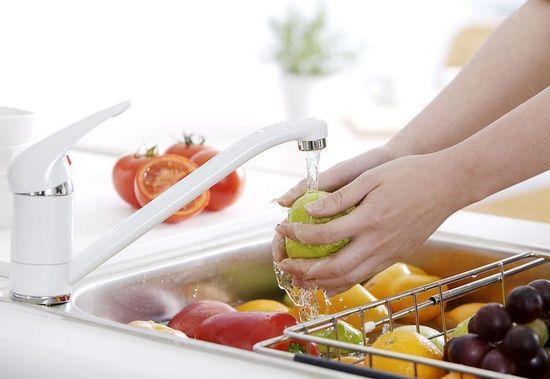
two。 First soak with alkali and then rinse with clean water:
Organophosphorus pesticides are the most common pesticides in melons, fruits and vegetables, but these pesticides can be quickly decomposed in alkaline environments. Therefore, it is recommended that after washing the fruits and vegetables with clean water, mix the appropriate amount of baking soda into the water, then soak the fruits and vegetables for more than 10 minutes, and then wash them with clean water.
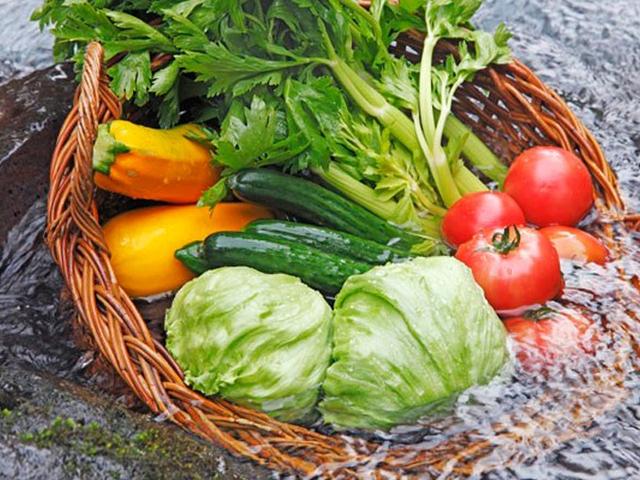
3. Blanch before cooking:
Parents like to boil a pot of hot water before cooking at home, and the dishes to be fried are boiled in hot water, which is called "Zhuo". Because of this, many pesticides will be quickly decomposed at high temperature, so the vegetables can be fished in boiling water for better removal of pesticide residues. But not all dishes are suitable for this practice, because after all, some nutrients will be lost when cooking, and it will also affect the taste of the dishes.
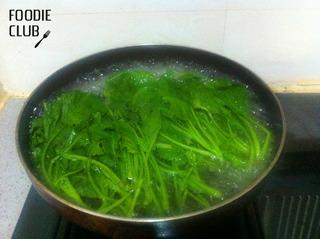
4. Use sunlight to sterilize:
According to the advice of scientific research and nutrition experts, some vegetables that we buy from vegetable markets or supermarkets that are not eager to eat and can be stored can be taken out to dry, so that the disinfection function of sunlight can be used to decompose pesticides. For example, eggplant, tomatoes, carrots, radishes, etc., can be placed in the sun for about 10 minutes after they are bought. The residual pesticides will decompose and disappear to a certain extent, because the oxygen in the air has a certain decomposition effect on pesticides.
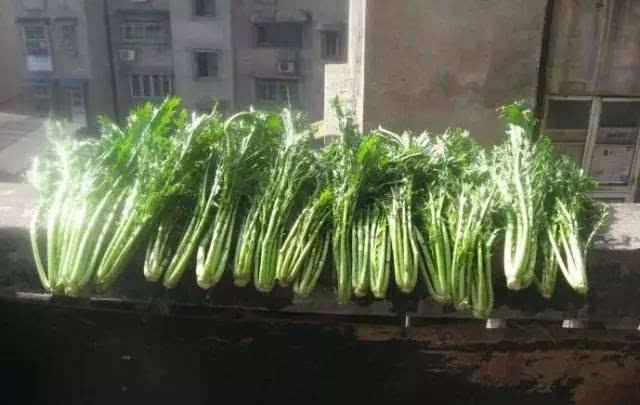
5. Peel some vegetables:
In fact, pesticide residues are mainly attached to the skin of fruits and vegetables. For fruits and vegetables with skins, they must be washed before peeling. Some people peel directly without washing, so it is easy to bring the harmful substances from the skin to the edible part, which is harmful to health.

Here, the editor would like to remind you that although the pesticide residues of melons, fruits and vegetables are very serious and do great harm to the human body, we can only reduce the damage as much as possible. When washing melons, fruits and vegetables, we must consider saving water.
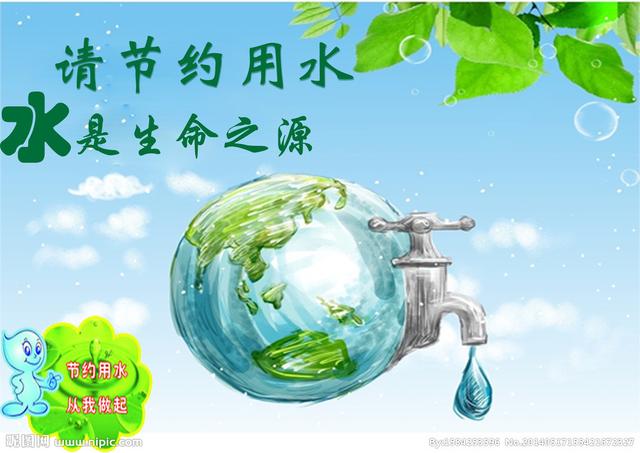
- Prev
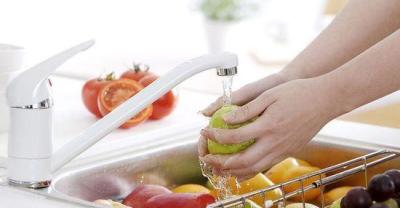
The top five vegetables with the most pesticide residues are all what we often eat!
When it comes to vegetables, we have to say that excessive pesticide residues may affect the development of children and may also cause a decline in human immunity and cause a variety of diseases and vegetables.
- Next

What method can be used to remove pesticide residues on the surface of melons, fruits and vegetables?
Now, 99% of agricultural products in the production process, varying degrees of use of pesticides, due to the short growth period, the occurrence of many pests, melons, fruits and vegetables most of the application.
Related
- Fuxing push coffee new agricultural production and marketing class: lack of small-scale processing plants
- Jujube rice field leisure farm deep ploughing Yilan for five years to create a space for organic food and play
- Nongyu Farm-A trial of organic papaya for brave women with advanced technology
- Four points for attention in the prevention and control of diseases and insect pests of edible fungi
- How to add nutrient solution to Edible Fungi
- Is there any good way to control edible fungus mites?
- Open Inoculation Technology of Edible Fungi
- Is there any clever way to use fertilizer for edible fungus in winter?
- What agents are used to kill the pathogens of edible fungi in the mushroom shed?
- Rapid drying of Edible Fungi

